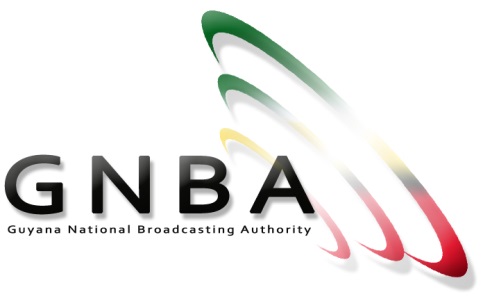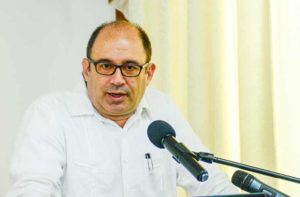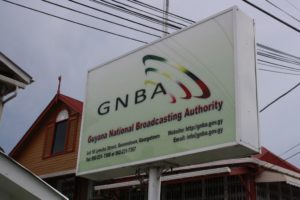Forum charts roadmap for telecoms sector
LOCAL mobile network operators, broadcasters and members of the public were sensitised about Guyana’s telecommunication sector and its plans for the future during a seminar hosted by the Public Telecommunication Ministry.The two-day seminar, which began on Tuesday at the Arthur Chung Conference Centre (ACCC), is being hosted in collaboration with the National Frequency Management Unit (NFMU).Also present at the event were representatives of the Guyana National Broadcasting Authority (GNBA) and the Public Utilities Commission (PUC).International Telecommunication Union’s (ITU), Dr. Andres Navarro Cadavid, a Colombian expert in spectrum management and broadcasting, is providing technical assistance to the forum.Navarro spoke to the audience on regulatory issues, spectrum management, spectrum in Guyana and worldwide, Public Protection and Disaster Relief (PPDR) and third and fourth-generation data technology for cellular networks.
Addressing the media on the sidelines, NFMU Managing-Director Valmiki Singh, explained that the event is also aimed at informing NFMU stakeholders about their roles in improving mobile connectivity.He outlined a number of steps which will be taken subsequent to the seminars, which may include adopting advice provided by Dr. Cadavid.

Members of the audience at the Arthur Chung Conference Centre (ACCC) (Delano Williams photos)
“We will get to hear from members of the public in terms of what their views are, but discussions with regard to liberalisation will continue. In terms of the spectrum plans, of course we will look on the recommendations that Dr. Navarro makes to us and take them on board if they’re acceptable.“We will be working with him to discuss what those recommendations are. Depending on how significant they are or not, decisions at the ministerial level and at our level at the NFMU would be taken,” he said.Singh noted that over the years, there has been an increase in the number of persons using the Internet which, in turn, has intensified calls for faster mobile connectivity.However, the radio spectrum is a limited resource and with competing demands, he added, the country must look at how it can best legalise usage.
“As you get more bandwidths you actually demand more, so there’s an insatiable appetite for connectivity and speed and everything else, because 20 years ago the kinds of services and devices we had, it might have been inadequate, but as we keep moving on we need more and more speed,” Singh said.He added: “At the end of the day the cycle is that the mobile operators provide the service; as more users come on stream, they demand more services and as the devices improve, they actually demand more bandwidth, so the operators want more bandwidth. As more bandwidth is being demanded, the spectrum is finite, so there is always this competition. You have to make trade-offs and there is a constant cycle where it has to be reviewed periodically.”Singh elaborated that this review takes place at the World Radio Conference which convenes every three years and, there, demands are made for additional spectrums, which is later allocated to various countries.
Today, the seminar continues on the topic of “Broadcast Technologies/Platforms-Transitions and Global Trends” and will take place from 14:30hrs to 17:00hrs at the same location.
The NFMU is tasked with managing the electromagnetic frequency spectrum of Guyana, while the ITU is the United Nations (UN) specialised agency for information and communication technologies.
Source: Guyana Chronicle




